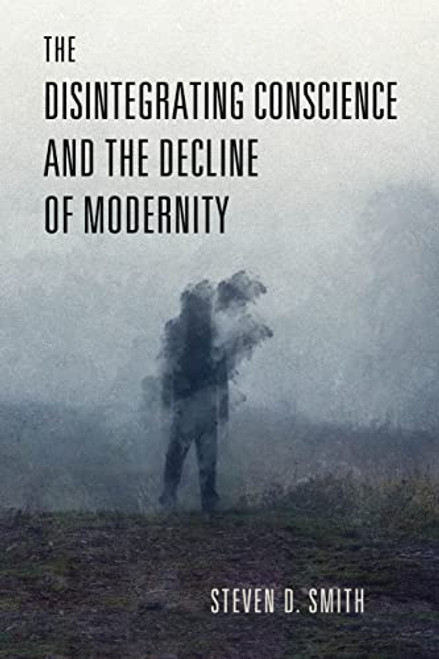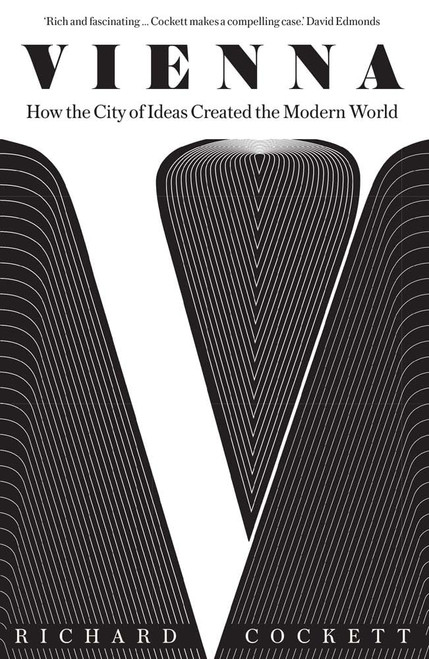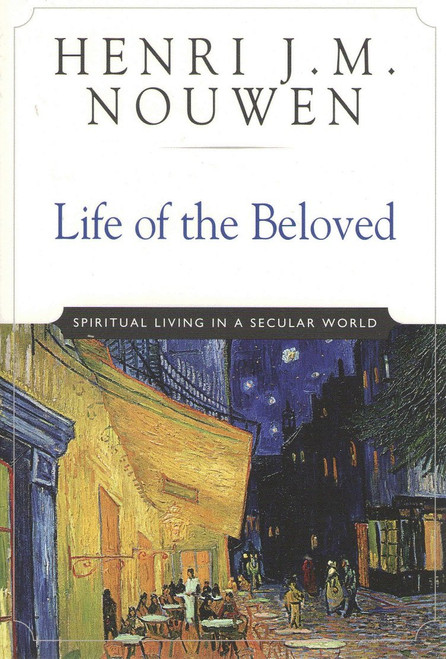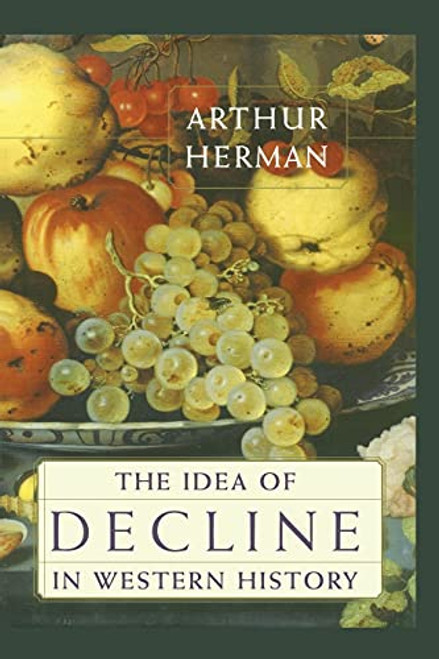This book considers how the modern concept of conscience turns the historic commitment on its head, in a way that underlies the decadence of modern society. Steven D. Smiths books are always anticipated with great interest by scholars, jurists, and citizens who see his work on foundational questions surrounding law and religion as shaping the debate in profound ways. Now, in The Disintegrating Conscience and the Decline of Modernity, Smith takes as his starting point Jacques Barzuns provocative assertion that the modern era is coming to an end. Smith considers the question of decline by focusing on a single themeconsciencethat has been central to much of what has happened in Western politics, law, and religion over the past half-millennium. Rather than attempting to follow that theme step-by-step through five hundred years, the book adopts an episodic and dramatic approach by focusing on three main figures and particularly portentous episodes: first, Thomas Mores execution for his conscientious refusal to take an oath mandated by Henry VIII; second, James Madisons contribution to Virginia law in removing the proposed requirement of religious toleration in favor of freedom of conscience; and, third, William Brennans pledge to separate his religious faith from his performance as a Supreme Court justice. These three episodes, Smith suggests, reflect in microcosm decisive turning points at which Western civilization changed from what it had been in premodern times to what it is today. A commitment to conscience, Smith argues, has been a central and in some ways defining feature of modern Western civilization, and yet in a crucial sense conscience in the time of Brennan and today has come to mean almost the opposite of what it meant to Thomas More. By scrutinizing these men and episodes, the book seeks to illuminate subtle but transformative changes in the commitment to consciencechanges that helped to bring Thomas Mores world to an end and that may also be contributing to the disintegration of (per Barzun) the modern era.
The Disintegrating Conscience and the Decline of Modernity (Catholic Ideas for a Secular World)
MSRP:
Was:
Now:
$14.61 - $18.36
(You save
)
(No reviews yet)
Write a Review

Write a Review

The Disintegrating Conscience and the Decline of Modernity (Catholic Ideas for a Secular World)
- SKU:
- UPC:
- 9780268206918
- Maximum Purchase:
- 2 units
- Binding:
- Hardcover
- Publication Date:
- 10/15/2023
- Author:
- Smith, Steven D.
- Language:
- English: Published; English: Original Language; English
- Pages:
- 286

Secularism and Freedom of Conscience
MSRP:
Was:
Now:
$50.41 - $66.30

Vienna: How the City of Ideas Created the Modern World
MSRP:
Was:
Now:
$79.47 - $300.00

Nouwen, Henri J. M.
Life of the Beloved: Spiritual Living in a Secular World
MSRP:
Was:
Now:
$12.56 - $25.62

Modern Classics Decline and Fall Centennial Edition (Penguin Modern Classics)
MSRP:
Was:
Now:
$8.90 - $300.00

Robert D Hare
Without Conscience: The Disturbing World of the Psychopaths Among Us
MSRP:
Was:
Now:
$16.90 - $34.59
!




